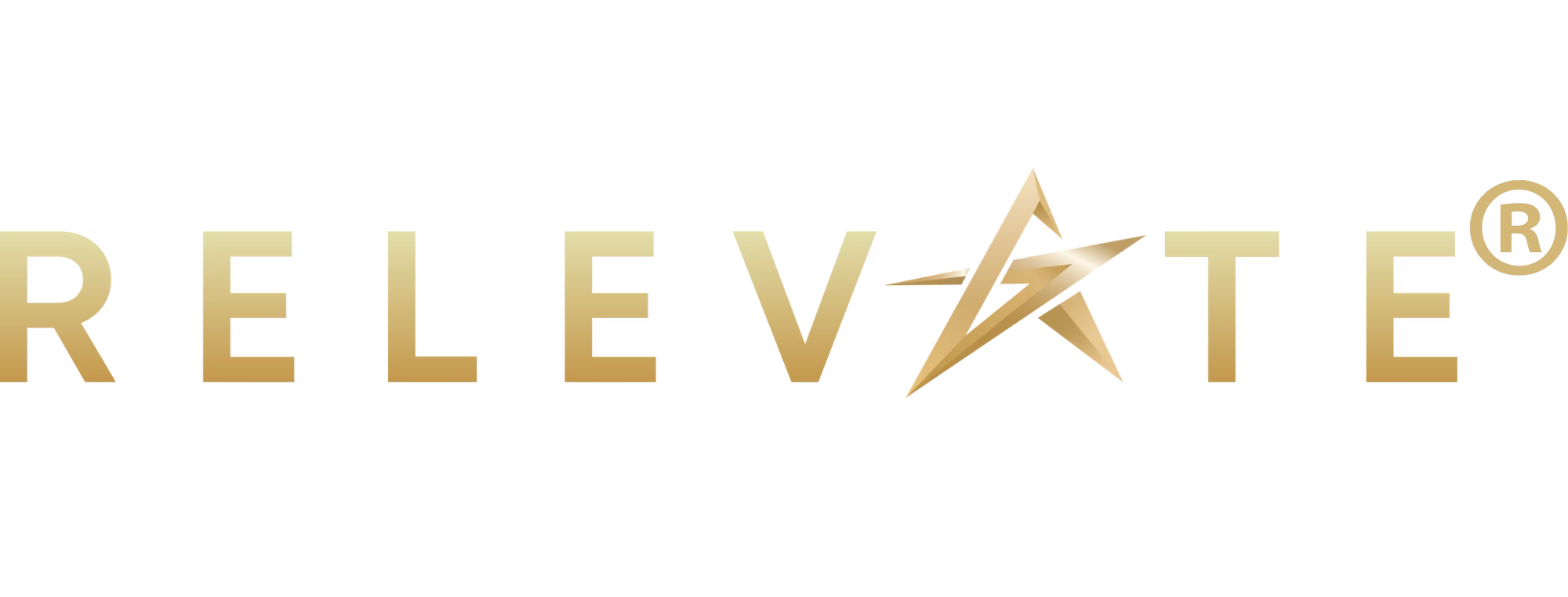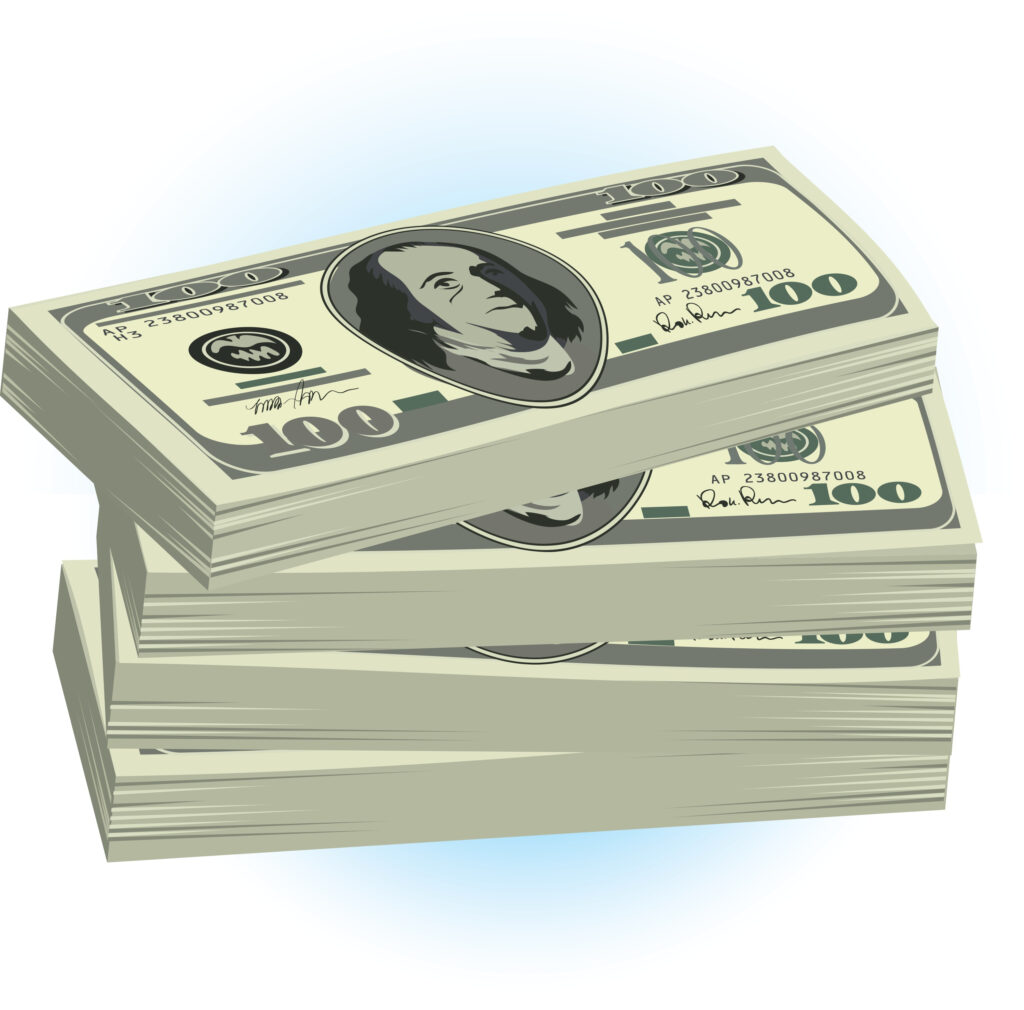Selling your home is a BIG DEAL. The wrong home selling strategies could cost you tens of thousands of dollars and cause some serious stress that you definitely don’t need. But, if you use the right strategies, you can get great results, and quickly. I also wrote another blog post with five top tips for selling your home, so check it out here if you haven’t yet.
Hi, I’m Mike Regan. Before I got into real estate, I was a process improvement consultant and the author of two books on the subject. Then, as a top producing real estate agent, I was blessed to personally sell over 750 homes in my 17-year career. Now, as the founder and CEO of Relevate Real Estate, I lead our agents and support team in continuous projects to improve the residential real estate process for our buyer and seller clients.
The first of our additional five tips to get the highest price for your home in the shortest amount of time is to …
1. Price your home realistically
As I shared in my last blog post, making smart investments and otherwise preparing your home for sale will definitely increase the price you get for your home. But, if you set your asking price too much above that new and higher value, your home will not sell. Unfortunately those darn buyers are always just thinking about their own interests, and their agents insist on showing them the data about other homes like yours that have sold recently. I know, it’s kind of annoying. In fact, because the market is much more price-sensitive than most sellers realize, homes that are even a little overpriced may not even get many showings.
So, we need to be careful not to make the mistake of thinking, “I’ll price it high, because the buyer will make a low offer, and we’ll eventually meet in the middle.” That’s just not how it works with most home buyers. Buyers actually very rarely make low offers, at least in the first 30-60 days a home is on the market.
Like most regular people, and by regular I mean people who don’t negotiate for a living, buyers don’t like conflict. And they don’t want to make sellers upset. And neither do their agents, because they hope to work with the listing agent many times again in the future. The buyers have the data, they know what the comparable properties sold for, and if your home is overpriced, they assume you will only accept offers close to your list price. Rather than argue about it, they will just ignore your home.
Now, I’m not suggesting that you underprice your home to motivate buyers to come see it. Your well-prepared home is enough motivation, and you deserve every penny you can get from the sale. An accurately-priced home will sell just as quickly as an underpriced home (in fact, underpriced homes can look suspicious to buyers). But price must not be an obstacle either. If your home is prepared correctly, the fair market value for your property will be near the top of the range of the comparable homes that have sold recently. List your home at about two percent above fair-market value, and that will be enough “negotiating room” for most buyers to feel like they “won.”
My next tip is to…
2. Sell your home quickly
When I say that, you might think, “Of course I want to sell my home quickly, it’s such a pain to worry about showings and keeping it perfect”. Or, you might be thinking the opposite, “Hey, there’s no rush to sell, I can wait for my price!”. But what you might not realize is the faster your home sells, the higher the price you’ll get. Here’s why…
Real estate agents set up searches in the Multiple Listing Service for their clients, so that when a home comes on the market that meets their buyer’s criteria, it gets sent to the buyer automatically. So when your home is activated in the MLS, it will be emailed to hundreds of potential buyers all at the same time. Some of these buyers just started looking, so even if they see and love your home, they are not ready to make a decision. They need to see more homes first, and might not even have their financing figured out yet.
However, the majority of buyers have been looking for a while and are ready to buy immediately when they find the right home. These buyers are the key to your success, and you have one chance at them. They will see your listing and look at the pictures and the price, and decide whether or not to schedule a showing to see your home. If they decide “no,” they will never see your home again.
If they decide to schedule a showing to see your home, they will decide at that time to either buy it, or not. If they decide “no,” they will never see your home again. If you do not sell your home to one of these ready-to-buy buyers, you may be in for a long wait, because, by definition, every buyer who sees your home from then on will be a “new buyer” who is not ready to buy yet.
If your home is prepared right, priced right, and marketed right, you should be able to sell it in less than 30 days, in any market, to one of these “ready-to-buy” buyers. And the faster you sell your home the better price you will get. Here’s why: if a buyer walks into your home and falls in love, and the home has been on the market only a few days, they’ll think, “If we love it, someone else will love it too. We can’t let someone else get it first. So let’s make an offer today, and let’s make it close to, or over asking price. We aren’t going to let a few thousand dollars get between us and our new home.”
On the other hand, after your home has been on the market for 30 days, this sense of urgency among buyers is gone. Buyers start saying “Hmm, if this home is so great, why hasn’t anyone else bought it yet? I wonder what’s wrong with it.” Or, “We like it, but it’s been here this long already. It’ll be here for a while longer. Let’s keep looking in case we find something better.” Not good for you.
If you over-price your home you will get less in the end, because buyers will ignore it until you fix the price, and by then you will have missed all the “ready-to-buy” buyers. The strategy of “I’ll wait for my price” will give you the opposite result. The longer your home sits, the lower the price will go. Aafter 60 days buyers will think you’re desperate and they will start to “low-ball” you.
Selling a home can be a bit of a pain, in terms of having to spend some money and do some work to get the best results, it’s true. But, you have the choice of:
(a) experiencing some pain, at the beginning, for the short amount of time required to get your home ready the right way, or
(b) trying to avoid pain at the beginning, but then experiencing continuing pain for six months (or more) of price reductions and showings. Constantly having your home ready for showings is stressful, especially if you have kids or pets.
You have one chance to get the best price in the shortest amount of time. Get the best possible home preparation and pricing advice, do the work, be realistic, and you’ll get a great price in the fewest possible days on market.
We’ll bring this home with three more quick tips. The first is…
3. Hide the Pets
I know you love your pets. I love mine too. But buyers don’t like pets. Well, they like their own pets, but they don’t like other people’s pets. In our experience, 70% of buyers will not consider buying your home if they learn you have a cat. Too many buyers are allergic, or have friends or relatives who are.
Thirty percent of buyers will not consider your home if they see you have a dog. To a lesser extent, it is the same for hamsters, ferrets, rabbits, turtles, snakes, monkeys, etc. So, as much as possible, take the pets out of your home during showings, and hide the evidence left behind (bowls, toys litter boxes, and beds). For the average home, this effort will increase your sales price by over $5,000, and reduce the days-on-market by 50%. It’s worth the trouble.
The next tip is to…
4. Make Price Adjustments Quickly Based on Showing Traffic
Insufficient showings mean your home is overpriced. Here are the statistics we’ve seen about showing traffic as related to price: For the average home in our market, if you get zero or just a few showings in the first two weeks, the market is telling you your home is overpriced by at least 10%. If you get between 4 and 9 showings, your home is 4% to 7% overpriced.
If you get 10 or more showings in the first two weeks, but no offer, your home is about 3% overpriced. For higher-priced or unique properties, or properties further from town, you should expect slightly fewer showings, but the conclusions remain the same. If you conclude your home is priced too high, it’s best to adjust your price immediately. The longer your home is on the market, the lower the eventual price will be.
Finally, our last tip is to
5. Be smart about what offer you accept
It is very difficult, if not impossible, for a seller to back out of a North Carolina real estate contract, so you’ll need to think carefully before signing on the dotted line.
I advise not considering a contract that is contingent upon the sale of a buyer’s home that does not already have a contract on it. Your buyer may not have properly prepared their home for sale, or may be unrealistic about asking price, or both. Sometimes a seller will accept such an offer, while retaining the right to continue marketing their property, while giving the buyer a 48-hour notice when another offer is received to either terminate their offer or drop the contingency. That will not help much because the Multiple Listing Service will require you to list your property as “Contingent,” which will reduce your showings by 90%.
In the case where the buyer’s home is already under contract, but not closed yet, it depends upon how good the contract is. Your agent will contact the listing agent for the buyer’s home and ask the tough questions. If everything looks solid, you should feel good about moving forward.
In addition, you need to make sure the buyer’s financing is in good shape. Certainly ask for a pre-qualification letter, but your agent should also ask permission to contact the buyer’s lender to see how much research the lender has really done.
Finally, for homes below $400,000, it is very common for buyers to ask for what are called “seller paid closing costs” in the standard real estate contract. This is very common and normal and there’s even a blank line built into the contract for this amount. The buyer often needs this money to purchase your home because they do not have enough cash to cover both the down payment and closing costs such as inspection, appraisal, loan origination, etc.
However, I encourage you to think of this as “buyer-financed closing costs,” because that amount will be rolled into their mortgage, and if the buyer wants you to donate that money to help them, they should also be adding this same amount to the purchase price they are offering for the home. So, when considering this offer, you should mentally subtract this amount from the purchase price on the first page of the offer, because that is the price the buyer is really offering you, and negotiate accordingly.
For example, if the buyer is offering 400,000 with 5,000 in seller paid closing costs, they’re really offering you a purchase price of $395,000.
The risk to you as the seller, is that the home must appraise for the total amount, including the closing costs. If it does not, the buyer will ask you to reduce your price to the appraised value (still including closing costs), and if you refuse, they might be unable to close.
CONCLUSION
Well there you go. I hope these five tips were very helpful to you!
If you felt this article was helpful, go ahead and give the YouTube video version of this article a like, and subscribe to our channel to be notified whenever we publish more content like this. Also, please write your thoughts or questions in the comment section below, and I’ll reply ASAP.
If you’re thinking about selling or buying or know someone else who is, we are never too busy for your referrals to your family, friends, neighbors, and co-workers. If you already know a Relevate agent, just give them a call and they’ll be happy to help.
If you don’t already have a relationship with one of our agents, or you live in an area where Relevate isn’t (yet), just send an email to me at mike@relevate.life, or call me at 919-740-7000, and I’ll be glad to introduce you one of our best agents, or a great agent from our network in your area of the country.








